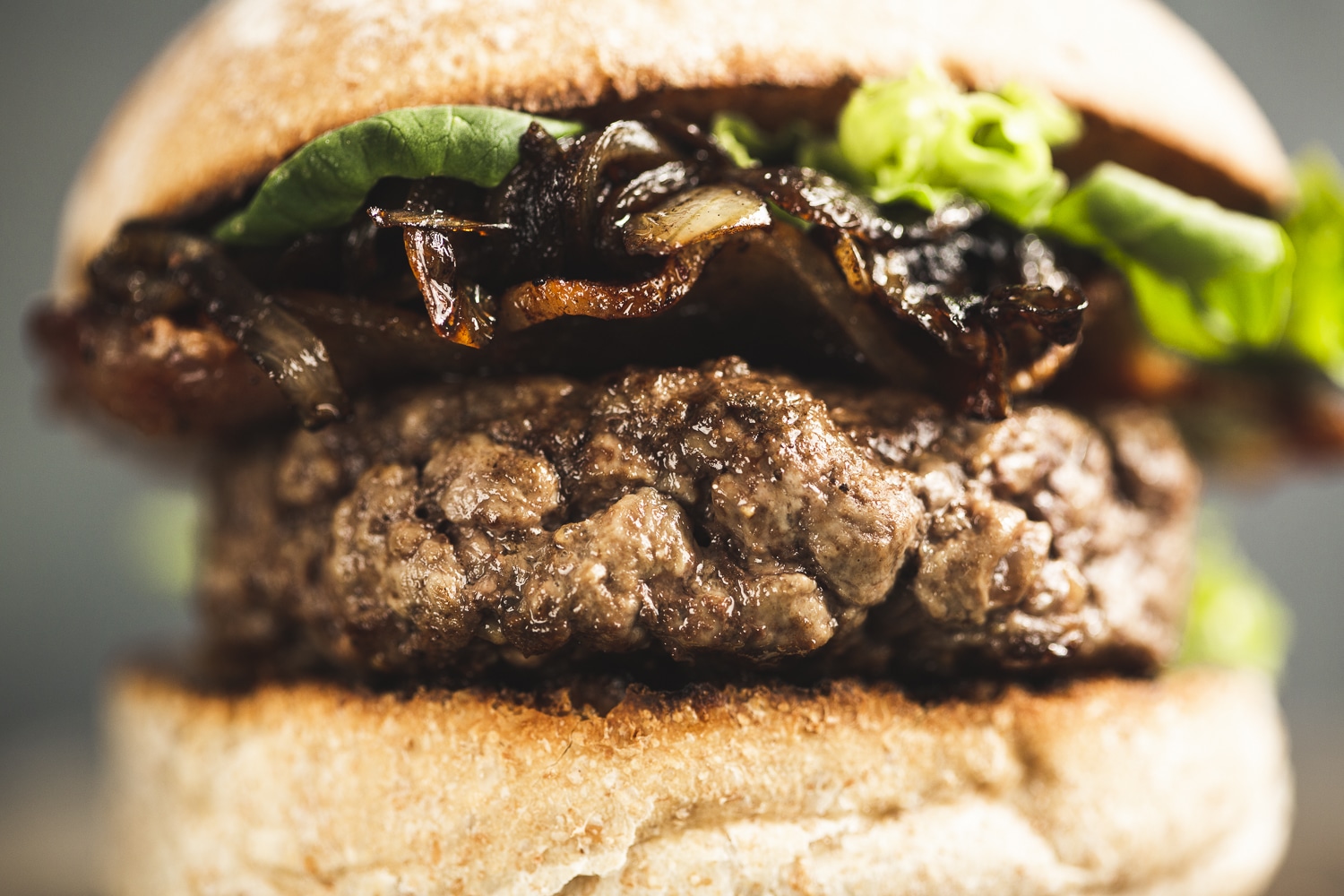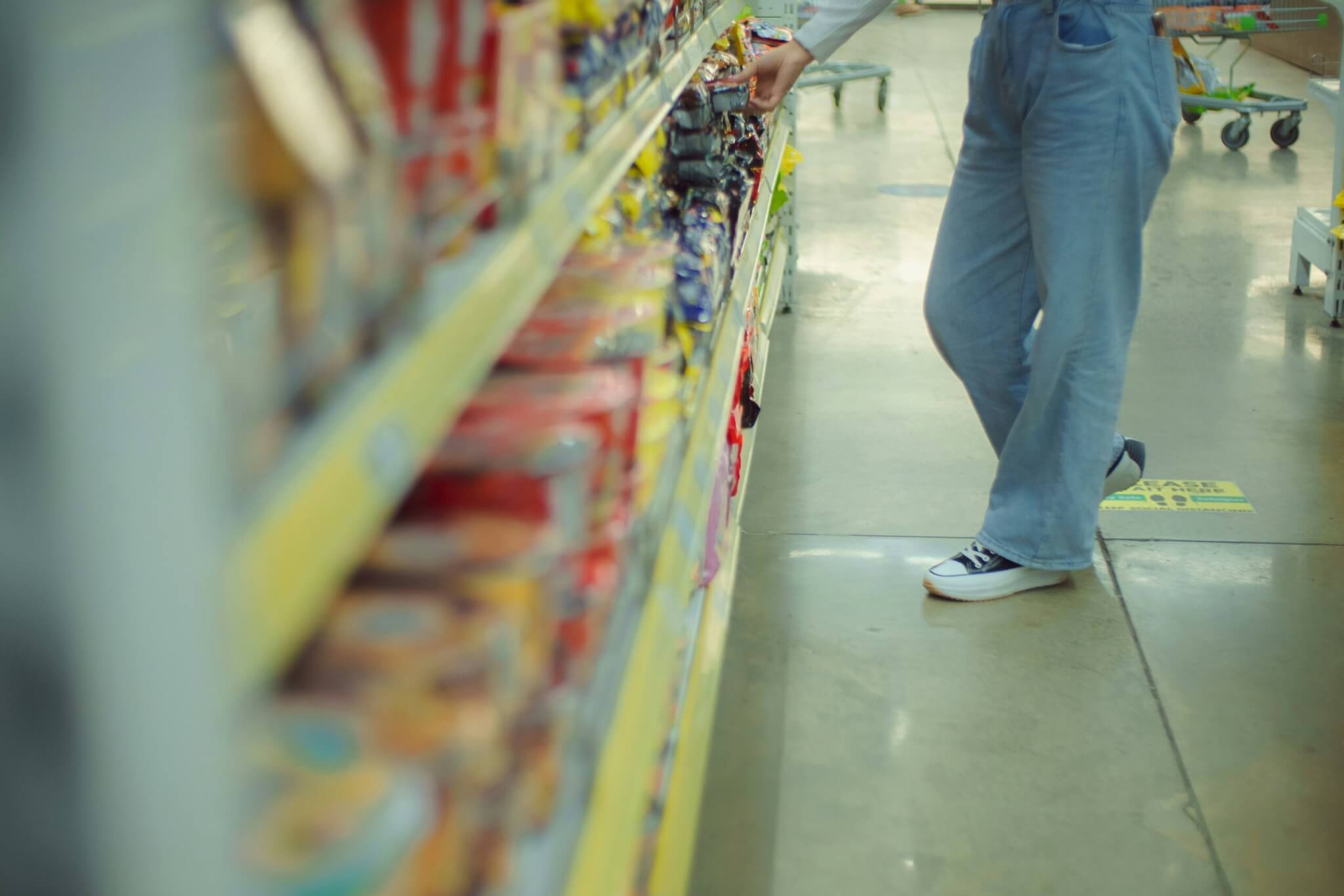Conflicting stances on meat and its impact means it’s difficult to know how much to reduce or whether to reduce at all, a debate has suggested.
Livestock farmers, policymakers, campaigners and vegans came together to debate the issue of meat and its role in a sustainable future at an event hosted last week by the campaign group Sustain.
While there was broad consensus that intensive livestock farming should end due to animal welfare concerns and the environmental footprint of animal feed, the wider debate on reducing meat highlighted confusion on the specifics.
“Individuals are still grappling with why they should eat less meat. It’s not as clear as ‘recycle your plastic’,” said journalist David Burrows.
“We looked at some of the coverage and it shows how hard it is to get these messages across about eating less meat and the climate: ‘farmers must reduce meat and dairy by a third by 2032’ compared to ‘British meat is really sustainable and lower emissions than the global average’, and ‘nature-friendly meat’,” he added.
“It shows how this very simple message has ended up tying us in knots,” added Burrows.
Author of How to Love Animals and FT journalist, Henry Mance, argued that there should be less room for debate: “Scientists are categorically saying we need to reduce our meat and dairy consumption. There’s a place for nuance but there’s a place for getting the message out there.”
“Meat consumption globally is rising,” added Mance.
Mance also questioned regenerative farming’s claim that animals can help sequester carbon in the soil: “There’s not been a single study to say that we can have carbon-neutral beef.
“It’s very reminiscent of the debate around gas and the proposed carbon capture in gas. It never scaled up. But in effect, it slowed down the transition to renewables,” added Mance, who said the message around regenerative farming is confusing and we need to focus more simply on ‘less’, rather than ‘better’, meat.
On the other side of the debate, chief executive of the Sustainable Food Trust, Patrick Holden highlighted how animals can fertilise soils without the need for synthetic fertiliser, made from fossil fuels. “Without cows, without sheep; we cannot switch to a regenerative food system without their poo,” said Holden.
Director of the Pasture Fed Livestock Association (PFLA), Fidelity Weston, echoed his views, adding: “Meat is produced in so many ways; we all agree that meat that is bad for the climate and biodiversity should be stopped. But we do not want to stop producing all the meat that makes amazing vegetables because it’s putting poo back into the soil. We need the public to understand that.”
Professor Tim Benton, research director at thinktank Chatham House, added: “It’s not that meat is bad, it’s the way that it’s scaled.”
Is it down to the individual?
There was also a clear disagreement about how a change in meat consumption should happen. Mance emphasised the knock-on effect that individuals could have when reducing their personal meat consumption, whereas campaigners championed collective action.
“As an individual, you can have a massive impact; you can reduce your emissions by 30 per cent [in switching to a plant-based diet],” said Mance, adding that this can send a signal to the markets and governments about reducing meat.
Campaigners, however, took issue with this focus on individual choice.
“It’s comforting to feel that individual actions make a difference, but our power to influence change shouldn’t come with a price tag,” said local action officer for Sustain, Bella Driessen.
“It feels like no coincidence that this line of reasoning is pushed by people who overwhelmingly hold the power of choice, at a time when many people cannot choose.”
“To see transformative change, we need everyone’s voice at the table – not just a few people’s hands in their pockets,” Driessen said.













I think it’s great that this conversation is happening and the “I have yet to see any problem, however complicated, which, when looked at in the right way, did not still become more complicated”. We, for example are lucky enough to have a local butcher that sources locally produced grass fed organic meat yet we buy a riverford turkey because the butcher buys in a good brand (organic etc)but it isnt local. We purchase very little of his meat due to being on a low income and will also happily purchase price reduced, factory farm meat from a supermarket rather than see it go into waste when their purchasers have over estimated on the weather etc (eg for BBQ). I have attended and supported RegenAg courses and been able to see the difference between an organic dairy farm, with its lagoons of slurry at the bottom of a valley being scrapped out of the milking barn compared to smaller herds, mob grazed, and milked in the fields or at least in a barn placed high in the landscape in order to allow gravity to part in the ‘muck spread’, though with a good integrated system the ‘muck’ is very quickly dealt with by the living soil. I know which environment i preferred to be in but that cannot feed masses of people either due to cost or the reduced volume of production due to the holistic measures in place which really only makes it available to small numbers of people who live close by. Another issue that needs to be considered is how animals, no matter how well farmed, are slaughtered and the miles incurred in that journey from farm to abattoir to butcher.
I love this: ‘I have yet to see any problem, however complicated, which, when looked at in the right way did not still become more important.’ (I might steal this Gary!)
This definitely resonates but as Anthony comments below, like someone who is extremely talented at sports and makes everything look easy, is it possible for a talented communicator/expert to simplify the matter? But maybe that reduces the whole argument.
Jack Thompson – its a quote by the author, Poul Anderson – and features Arthur Koestler “The Ghost in the Machine” and is picked up by Donella H. Meadows in “Thinking in Systems”
I’m too simplistic in my approach. I’ve had many really clever and well qualified people talking to me about a whole range of subjects during my life. The really clever ones are those who can take a complicated subject and explain it in an understandable way to us regular people.
I don’t need a study to tell me that cows in fields are good for dung beetles. Grazing animals produce so many good things, its the way so much meat is produced by poor animals kept in cramped sheds for the whole of their miserably short lives and fed grain from across the world, that troubles me. I don’t eat animals but I realise everybody is not going to eat this way. We need to at least give animals a happy life, with freedom to express their natural behaviours and not fill them with antibiotics and then kill them in stressful ways which must affect their bodies.
As Jack has expressed very well above – part of the issue is that once we start getting into the necessary detail people generally switch off. A colleague was incensed that tesco didnt have any iceberg lettuce on Christmas eve and when i tried to explain regards air miles vs calorific value etc was told that “I cant be thinking about that when i’m planning my christmas prawn cocktail”….we didnt even get onto the provenance of the prawns
I agree with you & I don’t think our position on this planet is complicated at all. We have been so slow to take responsibility for our ways of living in the world that the situation is critical now. We must start acting with integrity in all areas. We, in the wealthier nations, need to act now because it is not only our animals who are suffering, it is our fellow human beings who are dying in floods & fires & earthquakes. These things have always happened yes, but they are increasing & it is paramount that we change our ways. We have allowed a powerful, wealth oriented culture at the top of society to thrive, which is causing an ever-widening gap between poor & rich. The corruption is rampant & we cannot survive if we continue in this way. We must learn to live in harmony with nature & each other. Our whole way of being in the world is uncivilised, no matter how evolved we imagine we are, while our leaders are still waging war, playing power games on the world stage & largely ignoring the climate crisis in favour of padding their own bank accounts, we cannot consider ourselves much more than savages. The indigenous peoples have much to teach us about honouring & caring for each other, our animals & the earth.